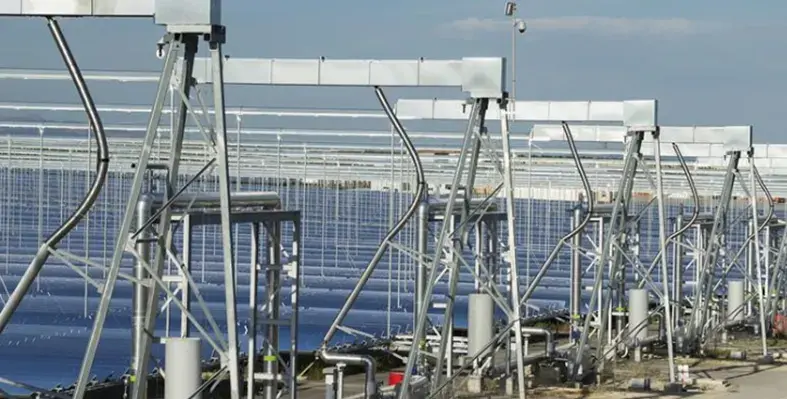South Africa’s energy story is marked by systemic impediments and formidable challenges but also by consistent progress in different realms
While transmission continues to act as a bottleneck in the country’s transition from conventional to green energy, the regulatory improvements in wheeling arrangements as well as the refinements in the framework have paved a long way to fillip the impetus towards energy market liberalisation.
RSA started liberalising its energy market in 2011 when it launched REIPPPP round 1 to allow independent power producers to compete with Eskom, the state-owned power generator. Albeit, REIPPPP rounds continued with substantial fervor, Eskom continued to hold effective monopoly on power transmission and offtake. With an integrated utility, the country kept facing structural challenges around competition, regulatory framework and transparency that have marred similar geographies around the globe.
A revolutionary upheaval, however, came in August 2021, when South Africa's president Cyril Ramaphosa announced the increase in the exemption threshold for embedded generation projects from 1MW to 100MW. This meant that any private power generation project up to 100 megawatts (MW) could be developed without applying for a generation license from the national energy regulator, NERSA, as long as it was grid-connected, and registered with NERSA, even though a formal license was no longer required. Earlier, Independent Power Producers (IPPs) aiming to develop power plant for C&I (Commercial and Industrial) generation, were required to apply for a full-fledged NERSA license, in case the plants exceeded 1 MW. Application for the NERSA license used to be a process marked by prolonged delays leading to a convoluted and protracted process.
In December 2022, RSA achieved another key milestone by removing the 100MW cap as well. This led to a further liberalisation of the market and a sudden entry of IPPs into the energy mix. With all these major overhauls, transmission became a major point of contention in the RSA’s energy regime. Albeit transmission woes continue to provide a bottleneck to various key regions (such as the Northern Cape province), and full unbundling of Eskom is still to be completed, RSA’s wheeling framework is a commendable part of the unbundling vision and has enabled the country to progress on its way towards a greener future.
Prior to 2020, IPPs had limited interest in the RSA market and there existed no standardised national wheeling framework. However, with the removal of the cap on embedded generation licensing requirements, Eskom also introduced a formalised structure providing template wheeling agreement and guidelines around metering, settlements, and pricing of the use of system charges. Since then, Eskom has been able to efficaciously optimise its wheeling arrangements through some key theme areas:
Unrestricted access to all: RSA allows open access to grid to all qualifying IPPs (irrespective of whether Eskom or any other private consumer is the offtaker). The grid reservation mechanism works on a “first-ready, first-served” principle providing all IPPs a fair and competitive environment to vie for the limited transmission infrastructure.
Transparent pricing: The grid use of system charges and other applicable charges are based on publicly available frameworks and the computation of the same are available to all market participants.
Settlement procedure: Eskom uses a virtual wheeling framework allowing multiple off-takers to procure electricity form a single generator. A key implication of this approach has been the growth of energy traders in the RSA market. Akin to other developed markets, RSA’s long-term vision shall include full unbundling of the state-owned utility and a move towards a merchant-based market model. The extant wheeling framework has allowed a rapid growth of energy trading in the power market with multiple licenses being issued to traders in recent years.
Currently, some of the forward-looking municipalities are also pushing forward to have standardised wheeling arrangement to allow the entry of C&I players at the distribution network level. For instance, the city of Cape Town has progressed on preparing NERSA approved wheeling agreement as well as a framework for automated balancing.
A robust wheeling framework forms the backbone of private investment in any country energy market and RSA has exhibited that notwithstanding the transmission capacity bottlenecks, a well-crafted wheeling framework, with opportune regulatory practices in place, provided sufficient impetus to private generators, traders, and consumers to operate in the market. What really stands out in RSA’s case and can function as a guiding principle for other African economies, is the tandem that has been established between the reforms in the generator market and the introduction of the standardised wheeling frameworks. In addition to that, RSA’s reforms are also forward looking and enabling the market towards a decentralised merchant power model, as the energy settlement procedures put in place already account for a multiple offtaker model in the market.
The article is authored by Synergy Consulting IFA.
Sponsored
content by














